‘Lucky to be alive’: Aussie mum allowed to be almost killed by ‘broken’ domestic violence system
Despite governments spending billions, countless Aussies are being failed by a broken system – and it can be fatal. Michelle Faye was one of its victims.
EXCLUSIVE
Michelle Faye was fleeing her enraged husband, fearing for her life, when he chased her down and rammed her car with his.
Instead of helping the distraught mother, police detained her, let her abuser speak to her alone, and then sent the pair on their way.
It was the first of about 20 interactions the domestic violence survivor had with police over a horrifying and life-threatening four years, none of which left her feeling heard, let alone protected.
Those multiple desperate pleas for help came after severe bashings and potentially fatal strangulations, in the wake of repeated stalking, and after multiple breaches of domestic violence protection orders.
But time and time again, Ms Faye felt she was brushed off, ignored, made to feel like a nuisance. Critical evidence was overlooked and her husband escaped punishment for years.
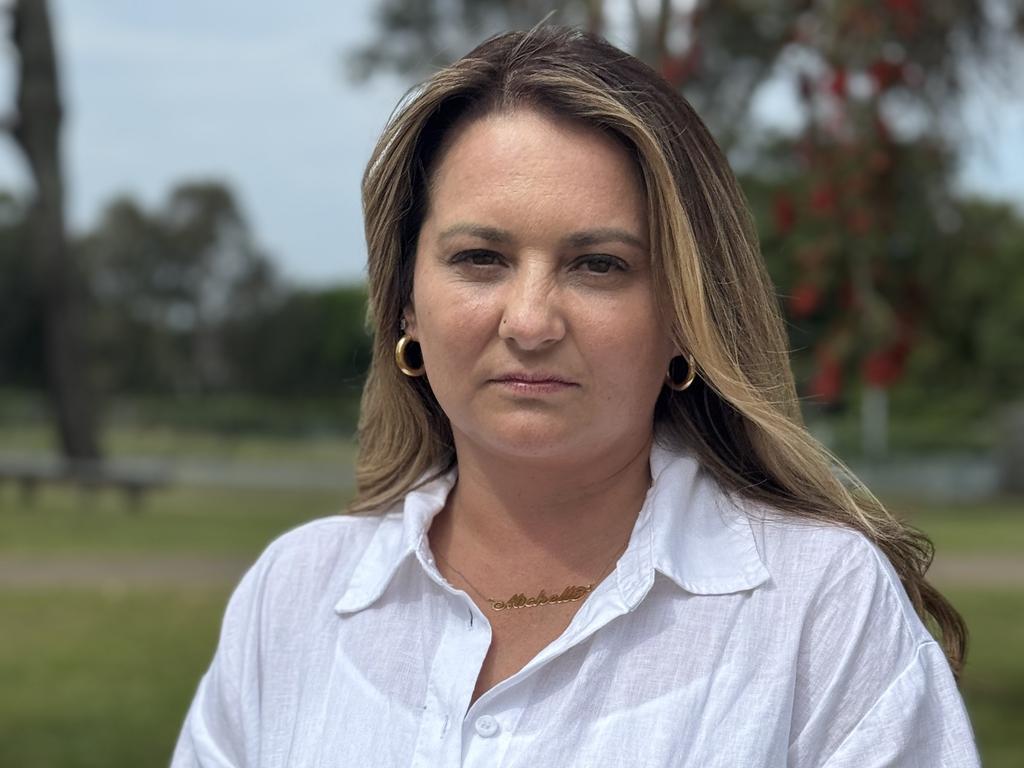
Only after a chance encounter with a sympathetic Queensland politician, who immediately intervened, was her case finally taken seriously.
Earlier this year, Daniel Gregory Mctiernan pleaded guilty to 16 serious offences relating to the long-term abuse Ms Faye endured. He will be sentenced in December.
Today, news.com.au launches the editorial series The System, highlighting the real-life stories of domestic and family violence survivors who encounter troubling systemic failings in the pursuit of protection and support.
Each week across the country, a woman is killed by an intimate partner in what experts, advocates and politicians have all declared is a national epidemic.
Oftentimes, the murders that make the news are characterised by authorities as isolated cases – women who have “slipped through the cracks” of a system meant to keep them safe from harm.
Ms Faye is speaking out about her painful experience to highlight the fact that she and countless others like her aren’t just dodging cracks, but gaping holes that are costing lives.
“I’m lucky to be alive,” she said. “I honestly believe it was only a matter of time before he murdered me. The fact I survived isn’t because the system worked. It’s pure luck.”
Do you have a story to share? Email shannon.molloy@news.com.au
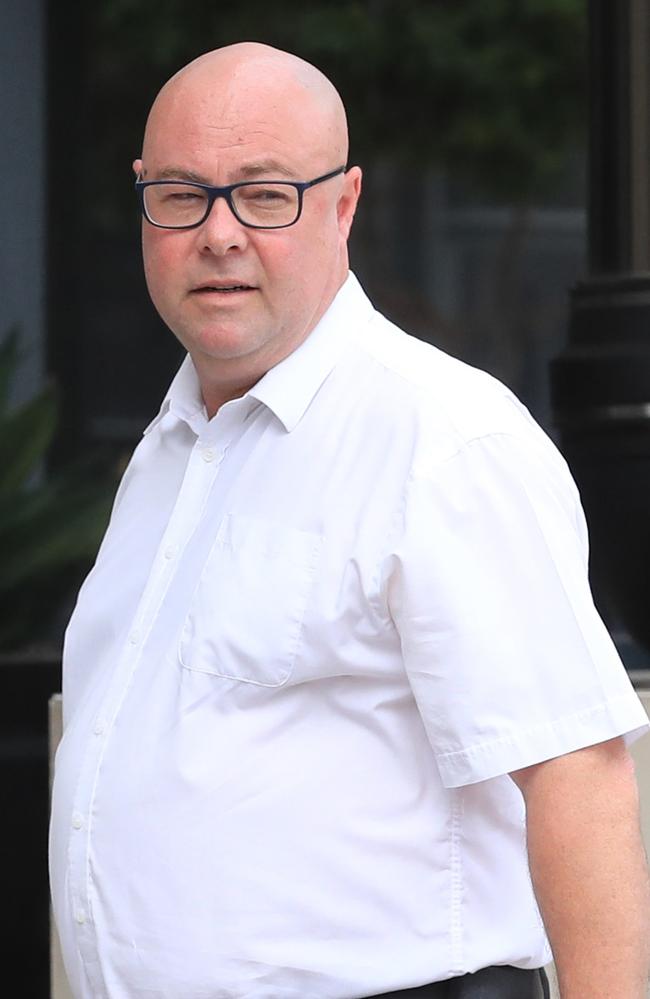
The Gold Coast-based former childcare worker feels she was repeatedly let down by police, but that was far from the only cog in the machine that failed her and her family.
“In every part of the system I encountered, there were serious flaws. Police. Health. Justice. Education. Every single part of the system I relied on failed in some way,” she said.
“That’s why whenever the prime minister or the premier makes some announcement about funding for domestic and family violence, it’s so frustrating. You can spend all the money you like but unless the broken system is overhauled, nothing will change.”

Two decades of hell
Ms Faye first met Mctiernan socially when she was 16.
He was part of her broader friendship circle and more of an acquaintance, until in her early 20s, as a recently single young mother, they crossed paths again.
“We started dating and the early days of the relationship were really good,” she recalled.
“With the benefit of hindsight now, I know it was love bombing, but I didn’t know that at the time. He was taking me on trips and out to dinners and doing all these great things that I thought were so romantic and amazing. And now when I look back with the knowledge that I’ve got, it was a manipulation tactic.”
Respect Victoria describes love bombing as “a type of non-physical violence – and one that frequently leads to further abuse, both physical and non-physical”.
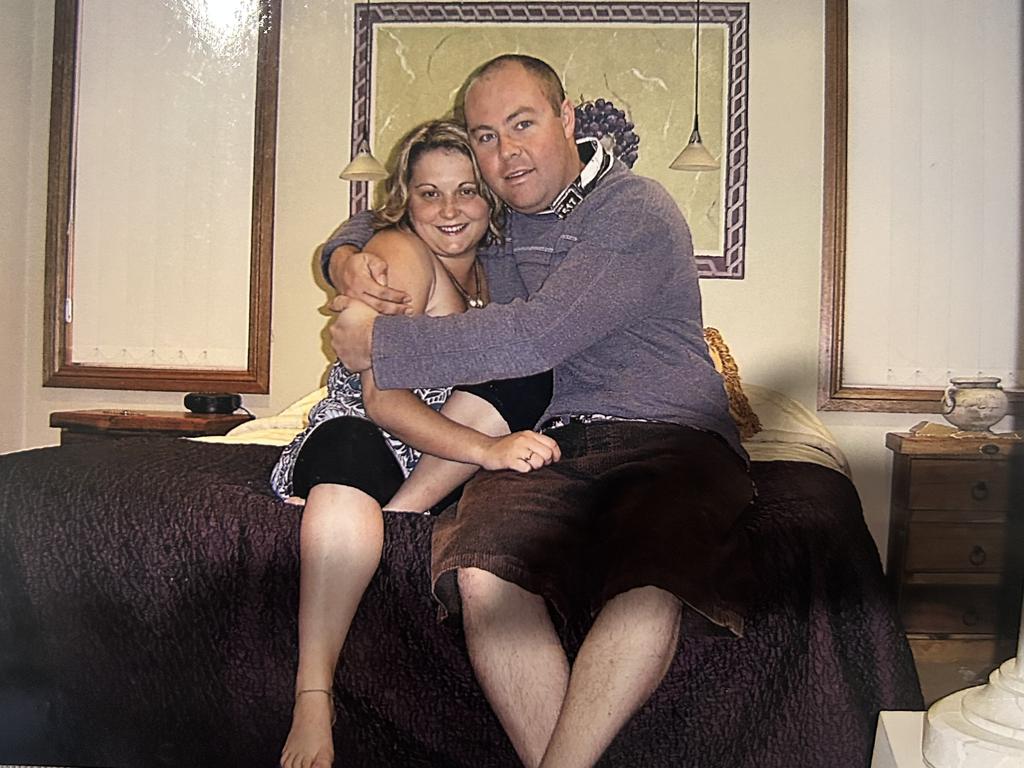
That was Ms Faye’s experience, with her manufactured emotional reliance on Mctiernan making it hard to recognise the coercive control that quickly followed once they married and had children.
“It was being told what to wear. It was constant put-downs and insults about my weight that made me insecure,” she said.
“He would sometimes say it was fine if I went out with girlfriends, but then he’d phone me and text me constantly, asking where I was, telling me to come home. That’s if I even got out of the house – he would often pressure me to stay at the last minute.
“Anytime I wanted to go out, he would make me feel bad. He would sort of say, ‘I wanted to hang out with you and I want to spend time with you.’
“I’d cancel any plans that I had. And he’d pass it off like it was him loving me and him protecting me.”
Mctiernan had total control of household finances, preventing Ms Faye from accessing bank accounts or even having her own money.
“He would give me small amounts of money on an ATM card to use on groceries for the family, but that’s about it,” she recalled.
“Sometimes I’d be at the checkout with a trolley full of stuff and the card would decline. I’d call him a panic and ask what was wrong and he would just laugh. He’d say: ‘Oh no, you’ve got no money. Isn’t that sad?’”
He monitored her computer usage, read through emails and checked her phone constantly.
“My phone would go missing. He would later reference things I had said in a text to a friend and no-one else. I became scared to use the phone, to talk to anyone. I would cop it if I did.”
Ms Faye was even subjected to long periods of sleep deprivation, where if Mctiernan was angry about something, he would wake her at roughly hourly intervals during the night.
“That was a pretty common tactic of his. I’d go to bed and then he’d wake me at midnight, at 1am and 2am and 3am, that kind of thing. I would be up at 6am with the kids and then completely exhausted all day. At its worst, I was lucky if I was getting three hours’ sleep a night in total,” she said.
By 2017, a groundswell of community anger over the death toll stemming from domestic and family violence had taken hold.
Vital conversations that played out in the media, championed by prominent campaigners like Rosie Batty, opened Ms Faye’s eyes to what was going on in her marriage.
“Now, with my knowledge of domestic violence, the abuse was there from the get-go. It almost felt like he was brainwashing me. I didn’t realise the impact his controlling behaviour had on me until very late in the piece,” she said.
“I realised that what he was doing was wrong and that the whole marriage was unhealthy and unstable.”
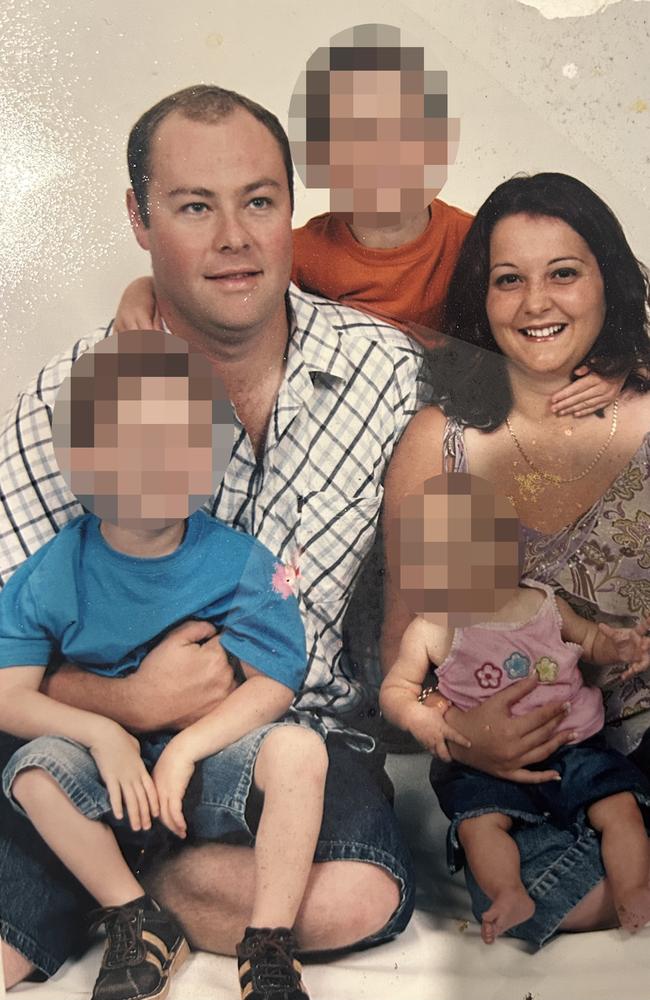
She began to stand up for herself, trying to establish boundaries, and when there was no change, spoke about the possibility of separating.
Perhaps sensing his grasp on her was slipping, Mctiernan turned violent.
“When I tried to get out of the relationship, the abuse became physical. It got really bad really quickly. One minute it’s about control and manipulation, the next he’s assaulting me.”
A dangerous escalation
For four years, stuck in an increasingly dangerous situation, being bashed and abused more and more often, being stalked and controlled almost daily, Ms Faye tried to find a way out.
Government-funded support services she approached were stretched thin felt her case wasn’t serious enough to warrant priority assistance.
“A lot of the time dealing with these government-funded services, it felt like you’d literally need to be murdered before being taken seriously,” she said.
Helplines promoted by television advertisements offered a sympathetic ear, but they referred Ms Faye back to the same organisations that were over capacity and unable to help.
Ms Faye tried to placate her abusive husband, meaning she and the children were left “walking on eggshells” in a bid to keep him calm.
Eventually, Ms Faye plucked up the courage to seek help from authorities, but she soon discovered there was little to come from her 20-odd attempts in total.
“Once, I made a report at a police station a few hours after being attacked. He had strangled me and it was really bad. They didn’t call for an ambulance. They didn’t refer the strangulation to the CIB (Criminal Investigation Branch), which is standard procedure.
“They took down the information and sent me home, where he was waiting. When they came to the house later, they gave him a domestic violence order. My statement was attached to it, so he could see what I’d told police about him.
“And then they left. I couldn’t understand why he wasn’t arrested or removed from the house. He was furious. The police essentially provoked him and then left me alone with him. They lobbed a grenade and walked away.
“They were still in the driveway when he took the papers and slammed them into my face. He busted my nose. The cops were a few metres away. I felt totally helpless.
“To go to a police station after being seriously strangled and to be sent away is just horrible.”
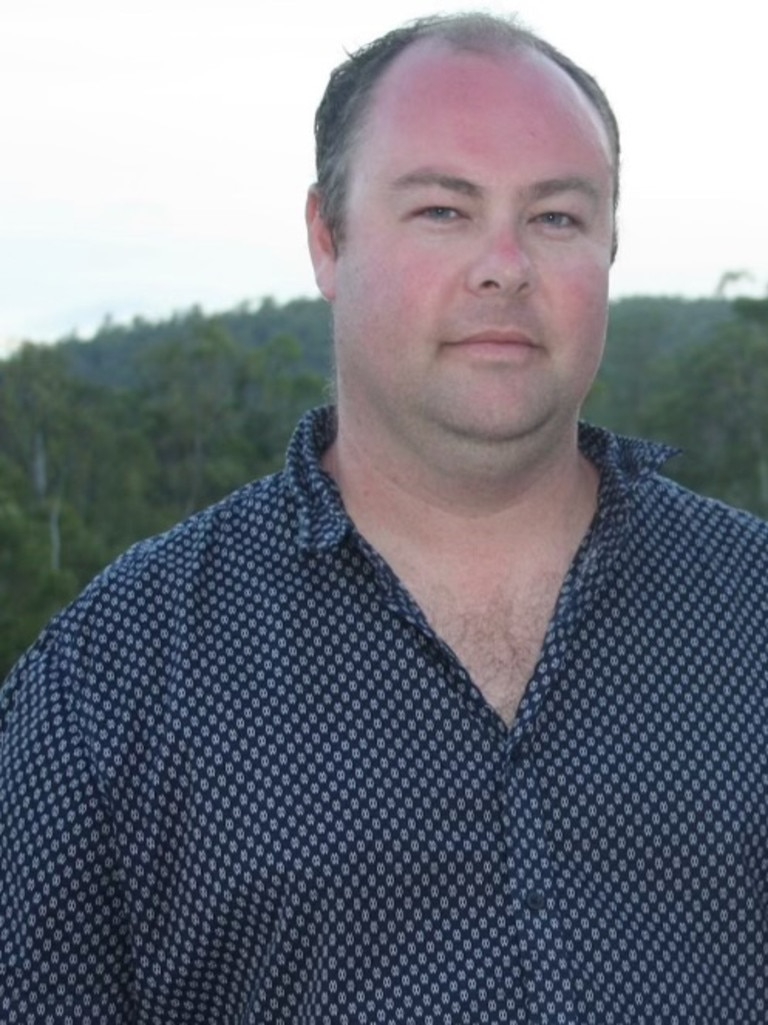
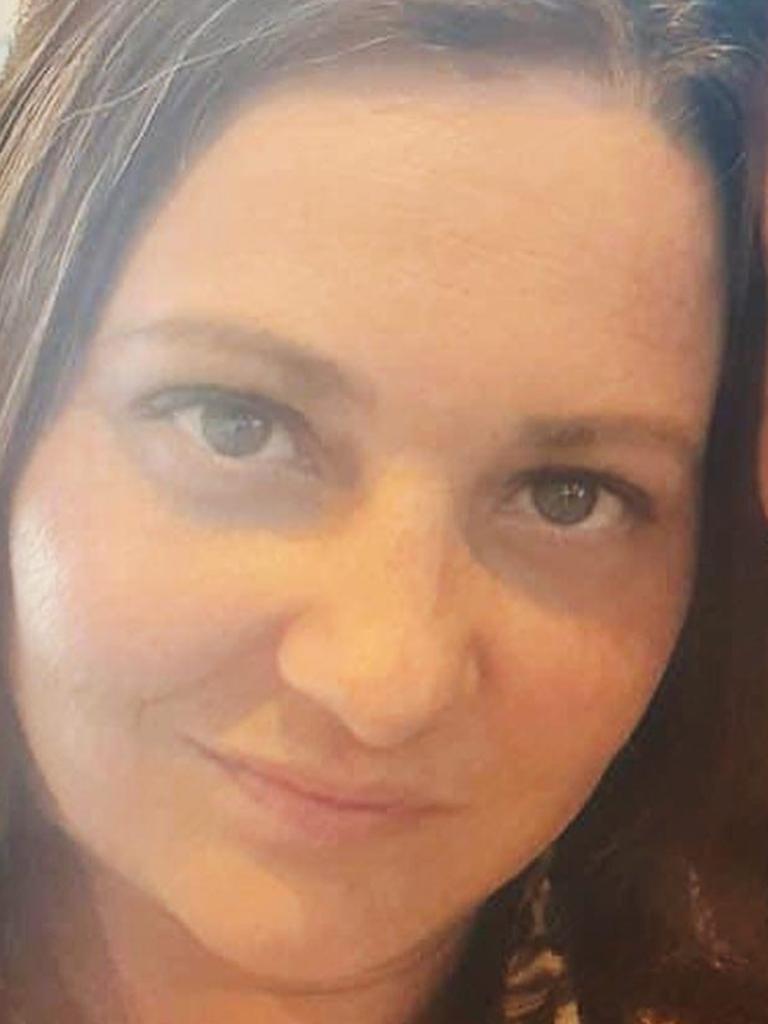
From 2017 until early 2021, Ms Faye felt no-one was listening to her. One officer rolled his eyes, another implied she was making it up, and evidence she diligently provided was ignored.
Only when she pleaded for help from a politician, feeling she was all out of options, was there movement on her case.
Suddenly, thanks only to the interventions of someone in a position of power, the wheels of justice began turning. Mctiernan was arrested, charged, and pleaded guilty.
In Ms Faye’s view, those four terrifying years should never have happened.
To her, it’s unthinkable that a response to an issue as important as domestic and family violence, and an issue that’s become a hot-button political policy area, can still have so many flaws.
“Initially, I was largely convinced that I’d fallen through the cracks. It wasn’t until I started working with women that had escaped DV that I realised my situation was not an isolated case,” she said.
“Everybody’s having the same experience. Everybody’s encountering failures. And to write it off like, you fell through the cracks, it’s never going to change. The problem is the system. And until we change the whole system, the failures are going to continue.
“Until we fix the whole system, nothing’s going to change, and women will continue to die.”
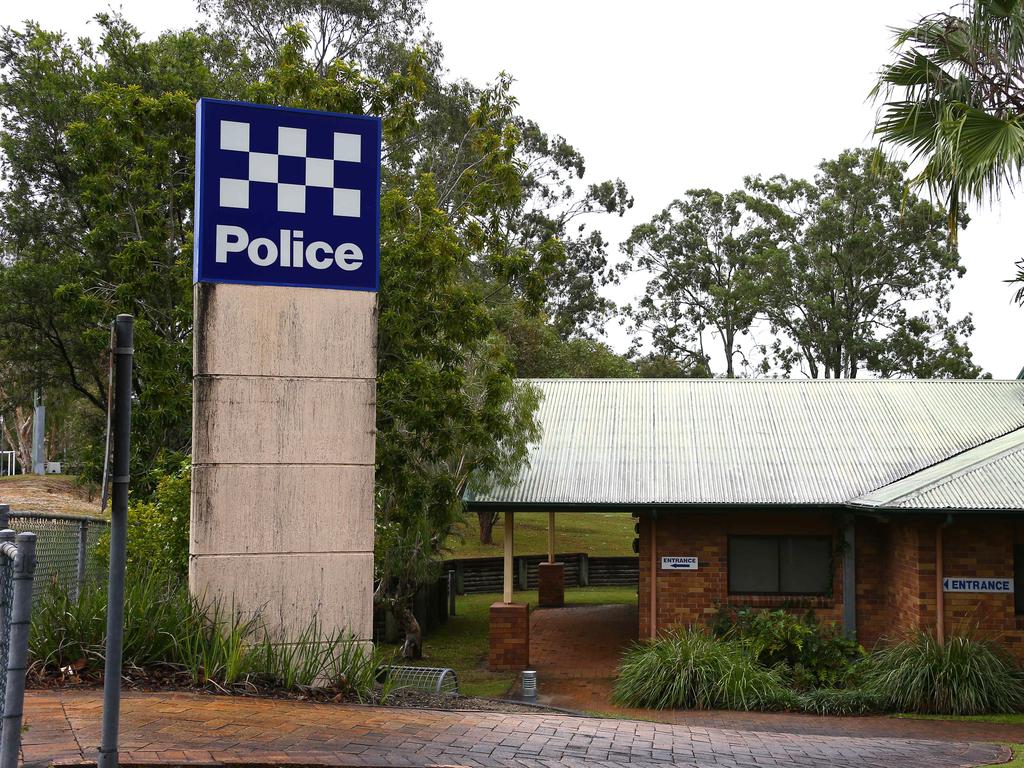
In response to a number of points put to Queensland Police about Ms Faye’s case, a spokesperson said: “The Queensland Police Service has thoroughly investigated several incidents involving the individuals referenced, which involved ongoing case management of a domestic and family violence relationship.
“Where investigations identified evidence sufficient to support criminal proceedings, that action has been commenced.
“The QPS remains committed to ensuring the safety of all victims of domestic violence through a multidisciplinary approach to provide victim-centric, trauma-informed responses to DFV.”
News.com.au also put a number of points to the Queensland Government.
In response, a spokesperson declined to comment on the specifics of the case, but said: “The Queensland Government extends its deepest sympathies to the victim-survivor and to all other victim-survivors of domestic and family violence.
“The Queensland Government acknowledges that domestic and family violence can affect women of all ages and from all walks of life, and that it takes a whole-of-government approach to stop these crimes occurring and hold perpetrators to account.”
Speak up
Over coming days, news.com.au will share more of Ms Faye’s story, detailing staggering and widespread inadequacies across government departments, agencies and taxpayer funded organisations.
As part of the series, we invite other survivors to come forward to share their own experiences – anonymously, if need be – of being failed by the system.
In publishing The System, news.com.au commits to shining a light on the inadequacies that can have severe and sometimes deadly consequences, holding powerbrokers to account and calling for change.




